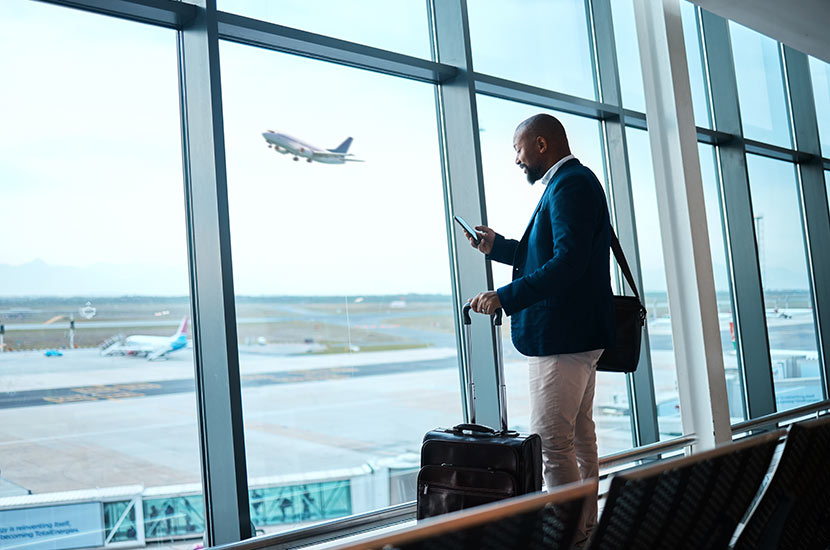For self-employed individuals and couples, travel can often blur the lines between business and personal activities. While a trip might include both work and relaxation, only the expenses directly related to your business purpose qualify for tax deductions. Understanding what the tax authorities consider a deductible expense when mixing professional travel with personal time is crucial.
At Lightening the Load, we’re here to guide you through the tax landscape. This blog post will clarify how self-employed individuals can identify and properly claim travel-related deductions.
Understanding Business Travel for Tax Purposes
For travel expenses to be deductible, the primary purpose of your trip must be for business. This means the main reason you traveled was to conduct activities directly related to your trade or business.
What Qualifies as a Deductible Travel Expense?
When your travel is primarily for business, several categories of expenses can generally be deducted:
- Transportation: This includes airfare, train tickets, bus fares, and car expenses (such as mileage or actual costs of gas, oil, repairs) for travel to and from your business destination.
- Lodging: The cost of your accommodation (hotel, Airbnb, etc.) while away from your tax home for business purposes.
- Meals: Generally, 50% of the cost of business meals incurred while traveling away from home. These must be ordinary and necessary business expenses.
- Conference or Convention Fees: The cost of attending business conventions, trade shows, or educational seminars related to your work.
- Incidental Expenses: Small costs like tips, dry cleaning, or business calls.
Navigating Mixed Business and Personal Travel
This is where careful tracking becomes essential. If your trip has both business and personal elements:
- Transportation: If the primary purpose of your trip is business, the cost of getting to and from your business destination is typically 100% deductible, even if you spend personal time at the destination. However, if the trip is primarily personal, the travel costs to get there are not deductible, even if you conduct some business while there.
- Lodging and Meals: Only the lodging and meal expenses incurred on days directly devoted to business activities are deductible. Expenses for personal days (e.g., sightseeing, visiting friends) are not deductible.
- Example: If you fly to a city for a 3-day business conference and then stay for 2 extra days for personal enjoyment, your airfare to and from the city is deductible (assuming the conference was the primary purpose). However, only the hotel costs and 50% of meals for the 3 conference days are deductible. The hotel and meal costs for the 2 personal days are not.
The Importance of Meticulous Record-Keeping
To support your travel expense deductions, you must maintain thorough records:
- Receipts: Keep original receipts for all expenses.
- Dates: Record the dates your travel began and ended.
- Destinations: Note the destination of your travel.
- Business Purpose: Clearly document the business reason for your trip and the specific business activities conducted.
- Itinerary: A detailed itinerary can help distinguish business days from personal days.
Simplify Your Travel Tax Reporting
Understanding the tax rules for business travel can help self-employed individuals and couples maximize their legitimate deductions. Proper planning and meticulous record-keeping are your best allies in ensuring accurate tax reporting.
At Lightening the Load, we’re your steadfast partners, accompanying you through every tax season and helping you navigate complex tax matters. Let us help you understand and manage the tax impact of your business travel.
Let us lighten your load.



